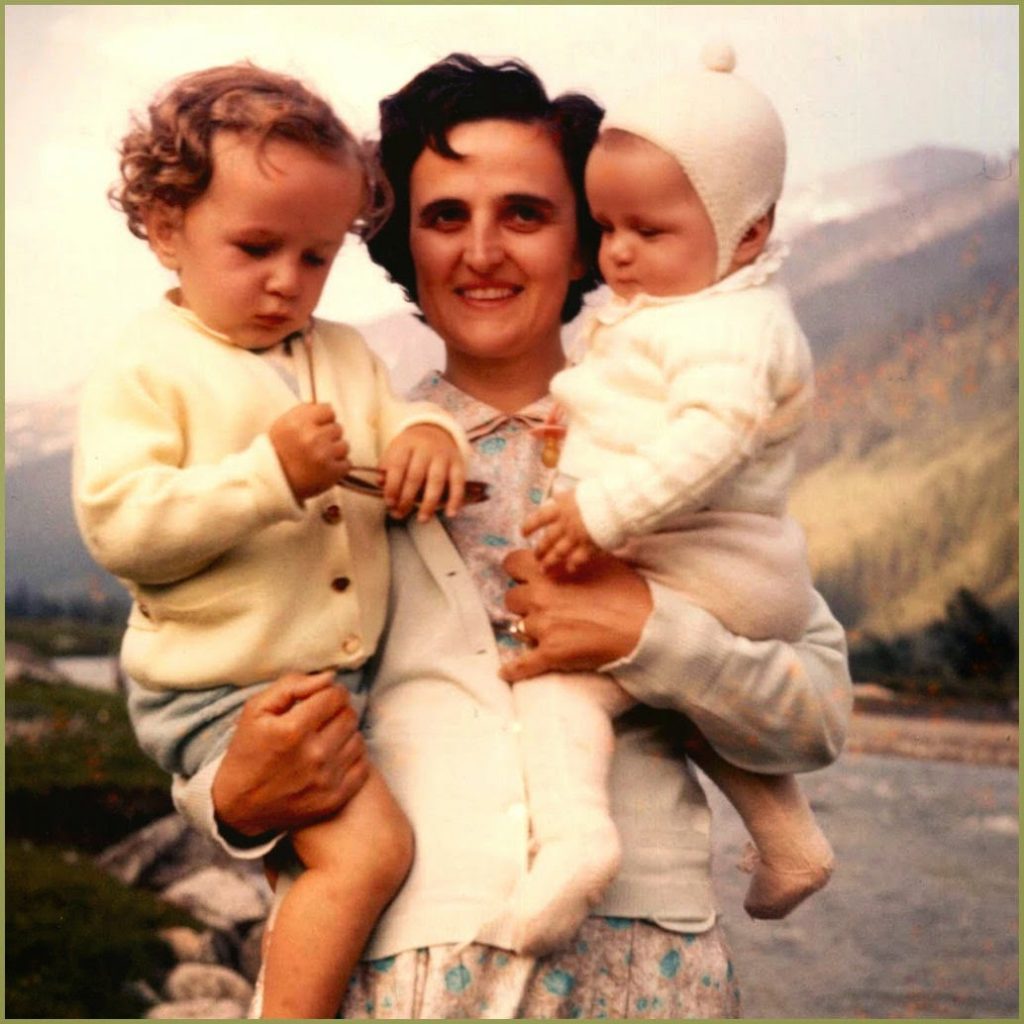I get a lot of emails from you swell readers. I answer them. I thought perhaps some of you might be interested in those answers. So I’ve decided to start a mailbag series featuring your questions and my answers. I’m going to do a few in a row here, then it will become an occasional series.
So here goes . . .
Question:
Hi Kendra,
Blessings,
Sarah.
Answer:
Sarah,
This is a good question, and you’re right, it’s not something that gets talked about much in Catholic circles.
There are a couple of angles to consider:
1. There isn’t a “mother’s life is at risk” exception to the Church’s teaching on using artificial contraception. Our options as faithful Catholics are NFP or, if necessary, abstinence. As I’ve written about before, we had trouble figuring out NFP because of my long cycles and confusing symptoms. But, by being extra cautious and widening our window of abstinence days, we were able to successfully practice NFP for over a year, until we decided we were ready to be open to another baby.
If I were in a position of needing to practice NFP again, I would consider consulting a naPro doctor. I listened to a great talk at the Behold conference by a naPro doctor and I understand better now that we are not necessarily stuck with things like weird cycles and confusing symptoms. Sometimes those things can be successfully treated.
Simcha Fisher wrote a post about her success with topical progesterone for regulating her cycle:
So, don’t give up on NFP for yourself. I think it could still be something you could practice successfully, even long term.
But . . .
2. It might not be as necessary as you’ve been told. The three c-section limit is the standard line of OBs these days. But, as with everything, that’s just an assessment of the risks and not a guarantee of safety or danger.
One OB says on her blog: *
What jumps out at me is just how low the risks really are. The death rate for a non-emergent primary C-section is 8/100,000 as compared to a death rate for vaginal delivery of 6/100,000, for a difference of only 2/100,000. And that difference is likely to be a dramatic overestimate in the case of a truly elective (vs. non-emergent) C-section.
It is true that the risk rises with every subsequent C-section. For the 4th C-section, the death rate is 39/100,000 as compared to 12/100,000 for a 4th vaginal delivery, for a difference of 27/100,000. Once again this is likely to be a vast overestimate.
. . . . The bottom line is that even multiple C-sections may have modest risks.
Although repeat cesarean delivery was associated with increased maternal
morbidity, outcomes were good in most women undergoing these
procedures. Maternal death was rare, and in only 2 cases (in women
having their second cesarean delivery) could it potentially be
attributable to cesarean delivery morbidity. Thus, there does not appear
to be an absolute threshold number of cesarean deliveries beyond which
patients should be unequivocally counseled to forgo future pregnancies.
Others also have not definitively delineated a threshold for number of
cesarean deliveries.11,12
On the other hand, our study did not have enough power to adequately
evaluate whether rare but serious events such as death were increased
with increasing number of cesarean deliveries. Indeed, the rates for
rare complications are estimates, especially in women with 4 or more
cesarean deliveries. Nonetheless, there was a substantial increase in
the risk for several morbidities, including placenta accreta, cystotomy,
and need for hysterectomy or intensive care unit admission with the
fourth or greater cesarean delivery. Women should be counseled regarding
the progressive increase in the risk for meaningful morbidity with
repeat cesarean deliveries.
Here is another study, reference in the study above, abstract found here:
Maternal morbidity after elective repeat caesarean section after two or more previous procedures.
OBJECTIVES: To determine the incidence of maternal morbidity following elective caesarean section in women with a history of at least two previous caesarean sections, and to determine if the incidence of morbidity correlates with the number of previous sections.
STUDY DESIGN: We conducted an individual chart review of all women who had an elective caesarean section because of a history of two previous sections from 1990 to 1999.
RESULTS: There were 67,097 deliveries of babies weighing 500 g or more. The total number of cases eligible for the study was 250. There were 12 cases (4.8%) of placenta praevia of which four required a transfusion and two a hysterectomy. The incidence of wound infection was 6.3% and urinary tract infection was 11.2%. There were no cases of thromboembolism recorded.
CONCLUSIONS: Maternal morbidity with elective repeat caesarean section is low. The major morbidity is associated with placenta praevia. We found no correlation between the incidence of maternal morbidity and the number of previous sections.
I’m not a doctor, nor am I a statistician, all I want to point out is that the facts don’t SEEM to back up the blanket discouragement of c-sections after a certain number.
Even though it can be scary, I honestly believe that this is an opportunity to surrender a bit, and to trust. If your gut tells you that you should seek to avoid another pregnancy, pray and trust and get good advice from a good supportive doctor and practice NFP. If you have really serious extenuating circumstances, you may need to prayerfully consider prayerful abstinence.
But if you have a desire in your heart for more children, pray and trust and get good advice from a good supportive doctor and be open to another baby.
This really is one of those situations where you need to inform your conscience and follow it.
St. Gianna Molla, pray for us.
And congratulations and good luck on baby number four! Please keep me posted!
Cheers,
Kendra
* So, people in the comments on Facebook have pointed out that the first study I linked to is from an OB blogger who is very unsupportive of homebirth. Isn’t a site/person I was familiar with, I was just looking for someone willing to discuss the statistics of maternal deaths associated with multiple c-section. Because of the (good, important, and well-intentioned) focus on discouraging elective/unnecessary c-sections, there are very VERY few people out there willing to discuss the numbers. Her opinions on homebirth don’t change the statistics on repeat c-section, and that’s all I wanted to reference. If you prefer to see the c-section study firsthand, it’s available for free here.
Disclaimer: I am not a theologian, nor am I an official spokesperson for the Catholic Church. (You’re thinking of this guy.) If you read anything on this blog that is contrary to Church teaching, please consider it my error (and let me know!). I’m not a doctor or an expert on anything in particular. I’m just one person with a lot of experience parenting little kids and a desire to share my joy in marriage, mothering, and my faith.
If you’ve got a question, please send it along to catholicallyear @ gmail . com . Please let me know if you prefer that I change your name if I use your question on the blog.





